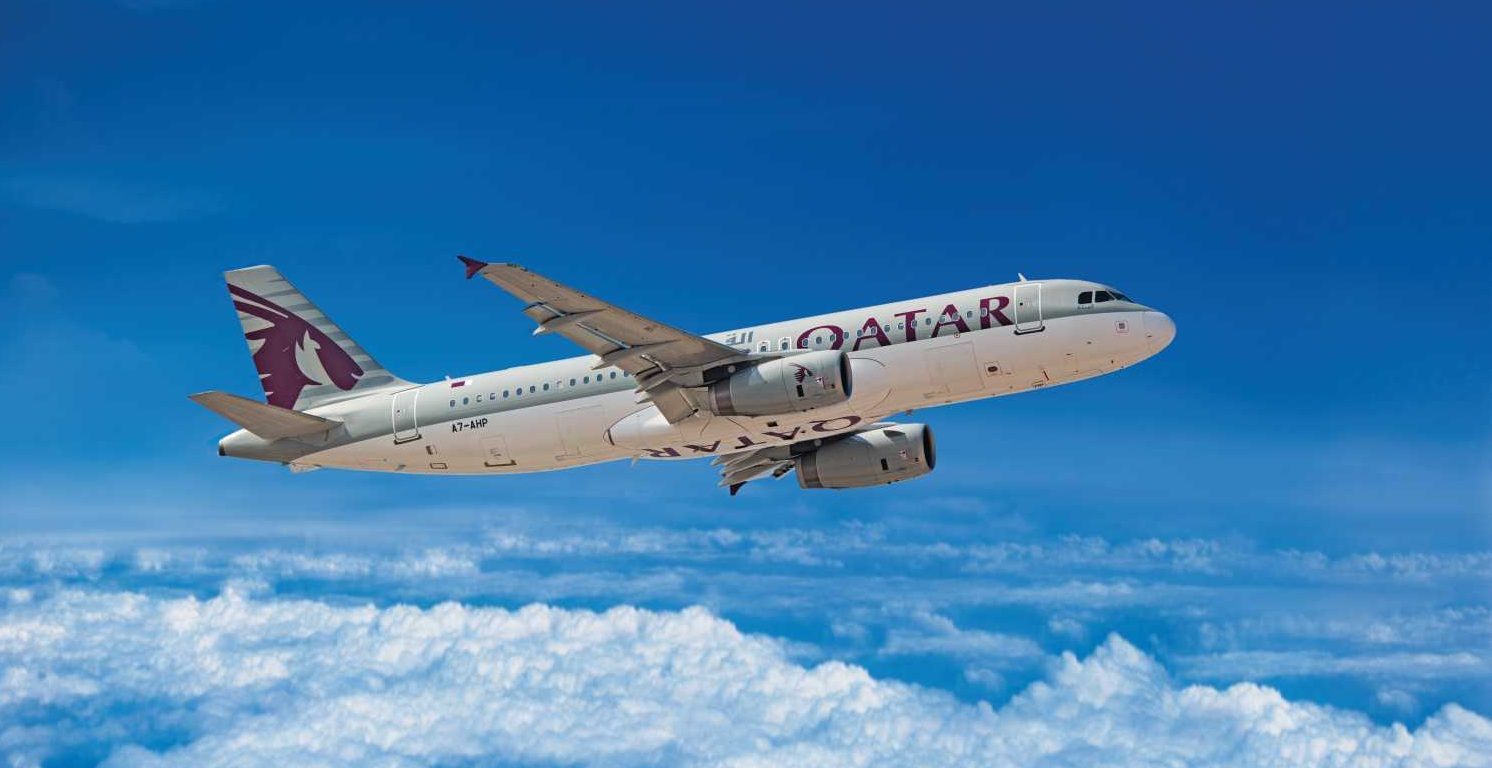Qantas controls 400 international flights per week from major cities, compared to Qatar Airways’ mere 28-flight schedule.
Australia’s shadow finance minister has vehemently condemned the federal government of Australia’s rejection of Qatar Airways’ request to increase its flight capacity into Melbourne, Brisbane, and Sydney by an additional 21 flights a week.
Jane Hume said the move, which has sparked widespread controversy, would aggravate Australia’s cost of living crisis.
The rejection, which took place in July, is thought to have been influenced by strong opposition from Qantas and a major legal issue that occurred at Doha’s Hamad International Airport in 2020.
While the government has not yet clarified its reasoning, industry groups have also voiced their dissatisfaction. Several aviation and tourism associations have criticised the appeal rejection, calling it a “bad outcome” for the sector.
“We heard from one airline that by blocking Qatar’s request for an additional 21 flights to Australia, you’re in fact decreasing competition and pushing up airline prices for ordinary Australians,” Senator Hume told Sky News Australia.
Hume’s critique continued with concerns about limited competition in Australia’s airline industry, noting that increased competition could reduce prices. Her comments were part of a call for an explanation from the Labor government on what she referred to as “anti-competitive behaviour”.
In 2022, Qatar Airways entered into a code-sharing agreement with Virgin Australia, allowing the two airlines to coordinate flight operations on multiple international routes.
However, Qantas, who opposed Qatar’s expansion appeal, has maintained its dominant position, controlling a large market share of international flight traffic.
Christian Bennett, Virgin Australia’s Head of Sustainability and Corporate Affairs, expressed disappointment with the decision, warning that it would unintentionally damage Virgin’s market value to the benefit of Qantas.
“The unintended consequence is that it negatively impacts the competitive position of Virgin Australia domestically and internationally in favour of our larger rival,” he said at the Senate inquiry on Monday.
The demand for international air travel from Australia continues to outstrip supply, with Qantas operating around 400 international flights per week from the east coast capital cities, compared to Qatar’s existing 28-flight schedule.
Federal Transport Minister Catherine King denied that the decision to block Qatar Airways was moulded by the Hamad airport incident, when five Australian women were forced off an airplane and subjected to an intimate search, as part of a hunt for a mother who abandoned a newborn baby in the toilet.
This decision, viewed by critics as detrimental to competition and the interests of everyday Australians, adds to the growing debate over the balance of power in Australia’s aviation sector.







